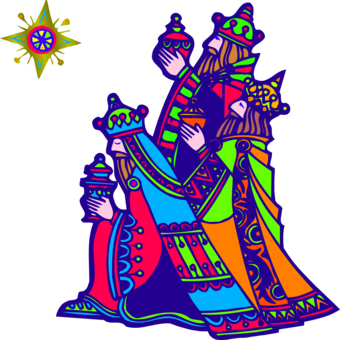Difference between revisions of "Mages"
From Wikinoah English
| Line 1: | Line 1: | ||
| − | ''' | + | [[Image:Mithraic Noahite.png|right]] |
| + | Also known as '''Mithraism''' or '''Zurvanism''' or '''Magians''' appears to have been a thing a few different times throughout history. [[Cyrus the Great]] was a Mithraic Noahite. The Magi who honoured the birth of Rebbe Yehoshua Minzaret as an Herodian Prince appear to have been Mithraists. They also seem to have had a significant influence in the area of the Greater Persian Empire between 651 and 692 AD. | ||
| + | |||
| + | It is a sect of Zoroastrianism which regards [[Ahura Mazda]] as nothing but an angelic emanation of the High-God which they call [[Zurvan]]. | ||
| + | |||
| + | In the Roman Province of Tachkastan they followed Sadducees. | ||
| + | |||
| + | William St. Clair Tisdall prove that they preserved many Gnostic folktales about Jesus Christ such as for example: | ||
| + | :The "History of the Nativity of Mary and the Saviour's Infancy" | ||
| + | :"The Nativity of Mary" | ||
| + | :"The Protevangelium of James the less" | ||
| + | :The Arabic "Gospel of the Infancy | ||
| + | |||
| + | [[Category:The 70 Gates]] | ||
| + | [[Category:Noahide Religion]] | ||
Revision as of 23:34, 14 July 2021
Also known as Mithraism or Zurvanism or Magians appears to have been a thing a few different times throughout history. Cyrus the Great was a Mithraic Noahite. The Magi who honoured the birth of Rebbe Yehoshua Minzaret as an Herodian Prince appear to have been Mithraists. They also seem to have had a significant influence in the area of the Greater Persian Empire between 651 and 692 AD.
It is a sect of Zoroastrianism which regards Ahura Mazda as nothing but an angelic emanation of the High-God which they call Zurvan.
In the Roman Province of Tachkastan they followed Sadducees.
William St. Clair Tisdall prove that they preserved many Gnostic folktales about Jesus Christ such as for example:
- The "History of the Nativity of Mary and the Saviour's Infancy"
- "The Nativity of Mary"
- "The Protevangelium of James the less"
- The Arabic "Gospel of the Infancy
